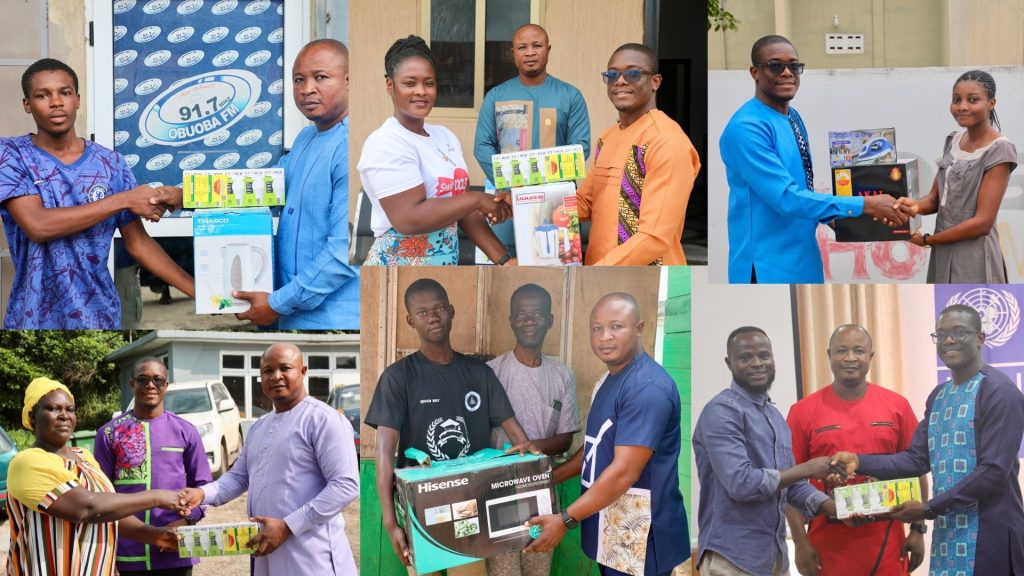|
Getting your Trinity Audio player ready...
|
Using energy-efficient appliances, and adopting energy efficient measures ins homes and businesses centres are crucial ways to support climate action and foster a sustainable future, the United Nations Development Programme (UNDP) in Ghana has stated.
The UNDP will, therefore, continue its dedication to advancing energy efficiency in Ghana, a crucial step towards realising the Sustainable Development Goals (SDGs) and fulfilling Ghana’s climate promise.
Mr. Abdul-Rakaz Saeed, Head of the Environment and Climate Cluster of UNDP in Ghana, who stated these, pointed out that by championing the adoption of energy-efficient appliances and measures, “we are reducing energy use demand, and thereby supporting greenhouse gas emission reductions, towards a better climate.”
Mr. Saeed, speaking at a smart energy choice to boost energy efficiency town hall meeting in Ejisu, near Kumasi, reaffirmed the UNDP’s commitment to supporting Ghana in achieving its climate goals.
The event was part of a series of national awareness campaigns and triangles held by the Energy Commission, in collaboration with the Ministry of Environment, Science, Technology and Innovation (MESTI), with funding from the United Nations Development Programme (UNDP) Ghana’s Climate Promise project.
According to Mr. Saeed, the joint initiative marked a significant milestone in building a sustainable and resilient energy future, driving economic growth, and enhancing the quality of life for communities across Ghana.
He observed that as human activities continuously accelerated global warming through increasing atmospheric greenhouse gas emissions, there was the need to build a resilient energy ecosystem.
Mr. Hubert Nsoh Zan, Assistant Manager, Energy Efficiency Regulations, at the Energy Commission, called on importers to comply with the Energy Efficiency Appliance Regulations in support of mitigating the effects of climate change.
He stressed the importance of meeting the established Minimum Energy Performance Standards (MEPs) to prevent substandard, and highly intensive energy consuming products from flooding the Ghanaian market.
Between 2013 and 2022, the Commission’s efforts to improve energy use efficiency resulted in a total savings of 7,955 Gigawatt hours, which is about 54 percent of the total thermal generation in 2022.
To build on this success, the Commission has implemented measures such as verification, manufacturer engagement, and public exposure of non-compliant importers.
Mr. Richard Donkor, Manager of Energy Efficiency at the Commission, urged Ghanaians to adopt best practices that protected the environment and benefited consumers.
He said: “When purchasing energy-efficient products, invest in appliances with higher star ratings, as they are more efficient.
Prioritize features over style and price, choosing products that use minimal energy without compromising quality.”
He further indicated that improving energy efficiency reduced excessive energy consumption and decreased generation capacity expansion, leading to lower fuel costs and freeing up funds for critical areas of the economy.
The town hall meeting took place in Takoradi, Ho, Koforidua, Kumasi, Sunyani, Tamale, Bolgatanga, and Wa simultaneously.
Source: GNA


